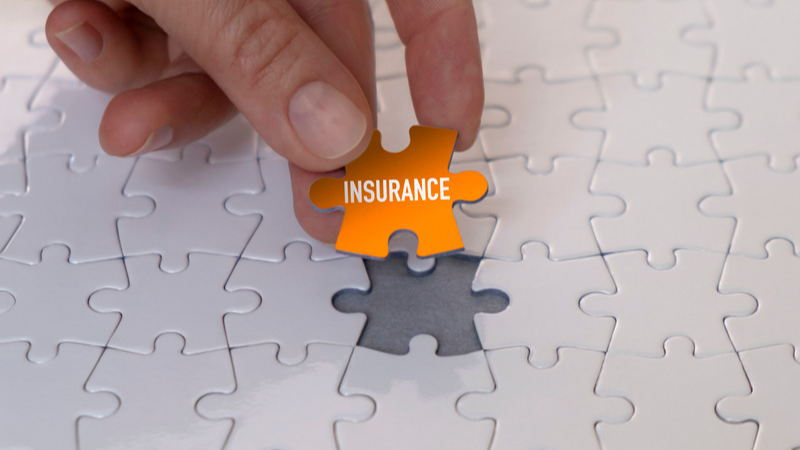General Liability for small businesses: What’s covered and what isn’t
Small business owners have a lot of responsibilities, including managing their finances and protecting their assets. One key aspect of this protection is insurance, which helps mitigate the financial impact of unexpected events. Among the many types of insurance available to small businesses, general liability insurance is a must-have for many. In this post, we’ll take a closer look at what general liability insurance covers and what it doesn’t cover, to help small business owners make informed decisions about their insurance needs.
What is general liability insurance?
General liability insurance is a type of insurance that provides financial protection to small businesses in the event that they are sued for causing injury or property damage to a third party. This type of insurance covers the costs of legal fees, settlements, and judgments, up to the policy’s limit.
What does general liability insurance cover?
General liability insurance covers a wide range of events and incidents, including:
Bodily injury: If a third party is injured on your property, or as a result of your business operations, general liability insurance will cover the cost of medical expenses, lost wages, and other related expenses.
Property damage: If your business operations cause damage to someone else’s property, general liability insurance will cover the cost of repairs or replacement.
Advertising injury: If your business is sued for defamation, copyright infringement, or other advertising-related issues, general liability insurance will cover the cost of legal fees and settlements.
Product liability: If a product you sell causes injury or damage to a third party, general liability insurance will cover the cost of legal fees, settlements, and judgments.
What doesn’t general liability insurance cover?
While general liability insurance provides comprehensive coverage for many potential liabilities, there are some things that it doesn’t cover. These include:
Professional liability: If your business provides professional services, such as consulting or legal advice, you will need to purchase professional liability insurance to cover potential lawsuits related to your services.
Workers’ compensation: If an employee is injured on the job, workers’ compensation insurance is required to cover their medical expenses and lost wages.
Auto liability: If your business uses vehicles, you will need to purchase auto liability insurance to cover accidents that occur while driving on business.
Property insurance: If you own your business property, you will need to purchase property insurance to cover damage to the building and its contents.
In conclusion, general liability insurance is an important investment for small business owners. It provides financial protection for a wide range of potential liabilities, but there are some exclusions to be aware of. By understanding what is covered and what isn’t, small business owners can make informed decisions about their insurance needs and protect their assets. According to the Small Business Association, over 60% of small businesses don’t recover from disasters due to the lack of insurance coverage. (Source: https://www.sba.gov/business-guide
